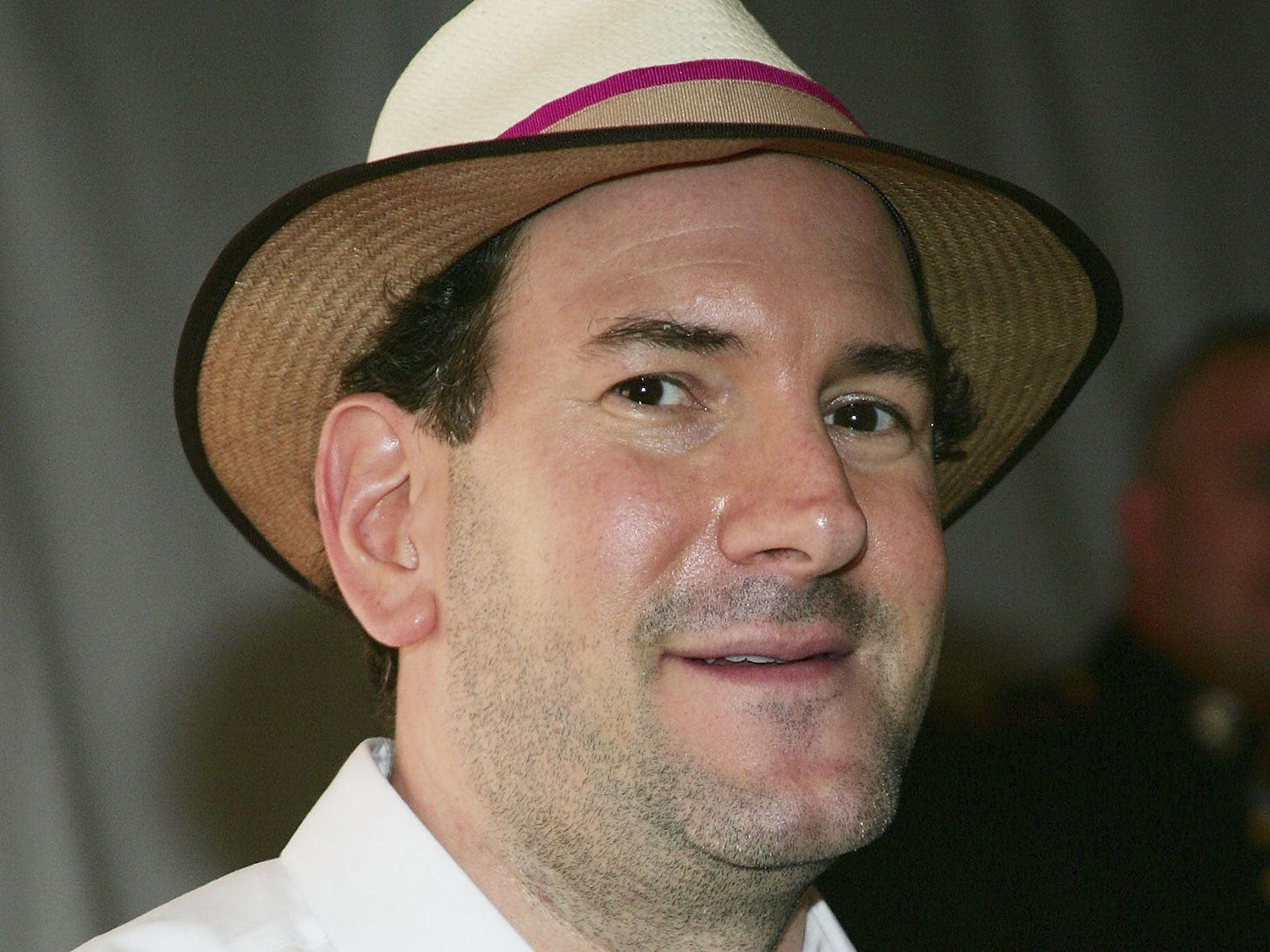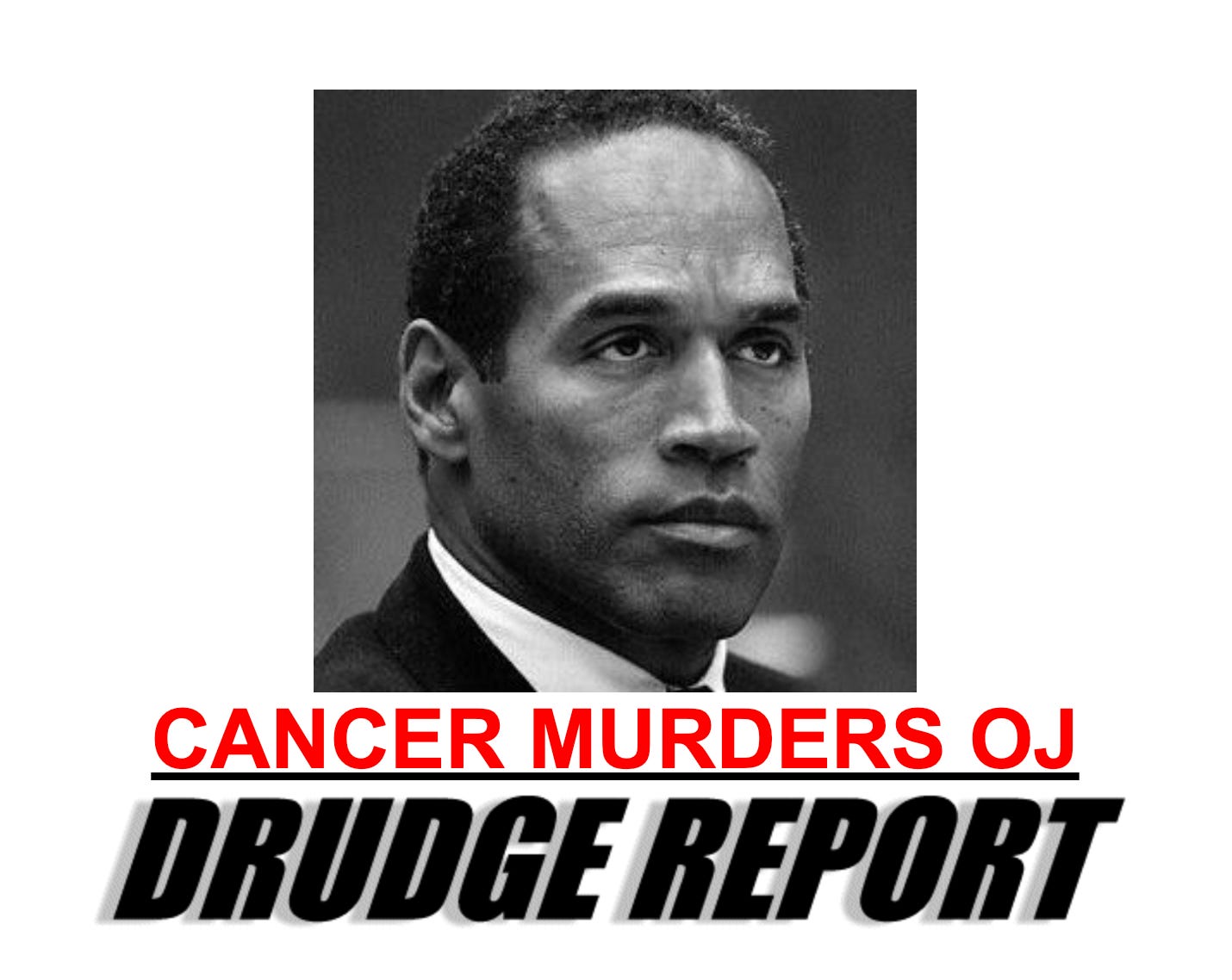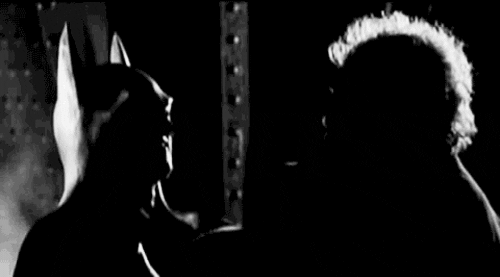My start in politics dovetailed with Matt Drudge’s.
Just as I was learning the ropes at the Cook Political Report in the late 1990s, Drudge’s eponymous website — really just a bunch of links with snappy headlines and great pictures — was taking off.
As I’ve moved through the world of politics and political journalism, I’ve always kept an eye on Drudge and his evolution. He made his name by being at the center of the Monica Lewinsky scandal in the Clinton White House. (The blue dress, specifically.) He was a regular irritant to Barack Obama. He was an early promoter of Donald Trump’s 2016 candidacy but has since turned hard against from the billionaire businessman.
Even as Drudge’s political leanings — or at least the politicians he seems to favor — have evolved, his website has, um, not. It still looks exactly like it did back in the late 1990s. And he — still — has a flair for the dramatic and an innate sense for what people will click on.
Need proof? Here’s what led the Drudge Report on Thursday night:
Despite his long-running influence, Drudge himself has always been a figure shrouded in considerable mystery. He rarely appears in public. He never talks to the media. He, to borrow from Winston Churchill, is a riddle wrapped in a mystery inside an enigma.
I need your help! Q and A interviews like this take time! I need you to invest in this newsletter so that I can keep bringing you unique and memorable content like this! It’s $7 a month or $70 a year to become a supporter of my work. Thanks!
Which is why when I heard about Chris Moody’s podcast “Finding Matt Drudge,” I immediately was intrigued. I knew Chris a bit — the world of political journalism isn’t huge! — and always admired his work. I started to listen to the pod and was immediately hooked.
Why? Because the story of Matt Drudge isn’t just the story of Matt Drudge. It’s the story of political journalism (and journalism more broadly) over the past 25 years. It’s the story of how we got to where we are. And it’s a decoder ring for where we might be going too.
I reached out to Chris to talk more about Drudge — and the podcast. Our conversation, conducted via email and lightly edited for flow, is below.
Chris C.: Let’s start at, um, the start. Everyone credits the Monica blue dress with “making” Matt Drudge (and the Drudge Report). Is that fair? Or an incomplete history?
Chris M.: Matt Drudge’s role in covering Bill Clinton's scandal is what made him a national household name, but he actually broke a lot of news before that, particularly in the media and celebrity space.
His early newsletter was dishy and full of gossipy scoops about the entertainment industry. He actually got his start by digging television ratings charts out of the garbage and posting them before they became publicly reported.
But his political reporting in 1998 is what really put him on the map. It's after those scoops that he’s invited to appear on national programs like Meet the Press, Late Night with David Letterman and The Today Show. He would go on to give a keynote speech at The National Press Club and launch his own show on Fox News. I'm not sure he would have received that kind of attention without the big political scoops.
Chris C.: There was a time — early in my reporting career — when Drudge was THE center of the political universe. How did he get there? Did he have help or was it all him?
Chris M.: Drudge became a must-read for so many in Washington because of his spontaneity, sharp eye for news and ability to land big scoops. He broke news regularly, and other reporters didn't want to miss out. There was information you just couldn't find anywhere else other than on The Drudge Report, so it made the site indispensable.
You also have to remember that much of his success came before the advent of social media, so instead of scrolling Twitter for constant news updates, refreshing The Drudge Report was sometimes the fastest way to get the latest information.
[Editor’s note: I did this all the time!]
Drudge largely built the empire on his own, and then enlisted help from editors after a few years on the job. He worked with Andrew Breitbart for some time, and later hired editors like Jospeph Curl from The Washington Times. But he never built up a newsroom, and he always remained in control.
Chris C.: You make the case that Drudge “broke the news.” Can you explain that?
Chris M.: In the late 1990s, the Internet was on the rise, but legacy media organizations hadn’t quite grasped its potential and power. Many publications saw “the Web” as a sideshow and didn’t view it with the same respectability they gave print.
Then Matt Drudge comes along and shows everybody that the Internet can be a fantastic place to break big stories. In some cases, he beat the big dogs and they took notice. His decision to publish online forced major publications to consider publishing their work online. They had to be faster, or they would lose. They had to be more like him.
Chris C.: Drudge is now reviled by MAGA world because he appears to be anti Trump, That wasn’t always the case. What changed? And did it hurt Drudge’s influence?
Chris M.: This is the big question, isn't it? I spent a lot of time on the podcast trying to track down answers to this question, and I received a range of answers.
Some said Drudge was angry that Trump didn't go far enough on immigration. Others said he became disillusioned by Trump's brash and unglued behavior, especially near the end of his presidency. You have to remember that Drudge wasn’t the only person affiliated with the right who turned on Trump. Lots of others did, too.
I went to the Conservative Political Action Conference recently to speak with folks on the right about Drudge. I couldn't find anyone there who would admit to reading The Drudge Report anymore. So to your question, yes, I do think it has hurt his readership among that crowd.
Chris C.: Finish this sentence: “The best way to understand Matt Drudge is as ________________.” Now, explain.
Chris M.: “The best way to understand Matt Drudge is as Batman.”\
Matt Drudge's decision to disappear from public life and not show his face is intentional. He believed that he would be more effective by speaking behind the mask of his website. He knows that his enigmatic, mysterious — even ghost-like way of being — is part of his power.







Thanks! He used to be the first place my husband looked for news, religiously. He is an enigma.
Drudge really did not "break" any news.
He lived off the work of real journalists, THEIR "scoops" and used the internet with some prescience, as the story cites, " Many publications saw “the Web” as a sideshow and didn’t view it with the same respectability they gave print. ".
My way to finish the sentence is...
"The best way to understand Matt Drudge is as a leech".
A predatory parasite who attaches itself to a host and feeding on their hard work.